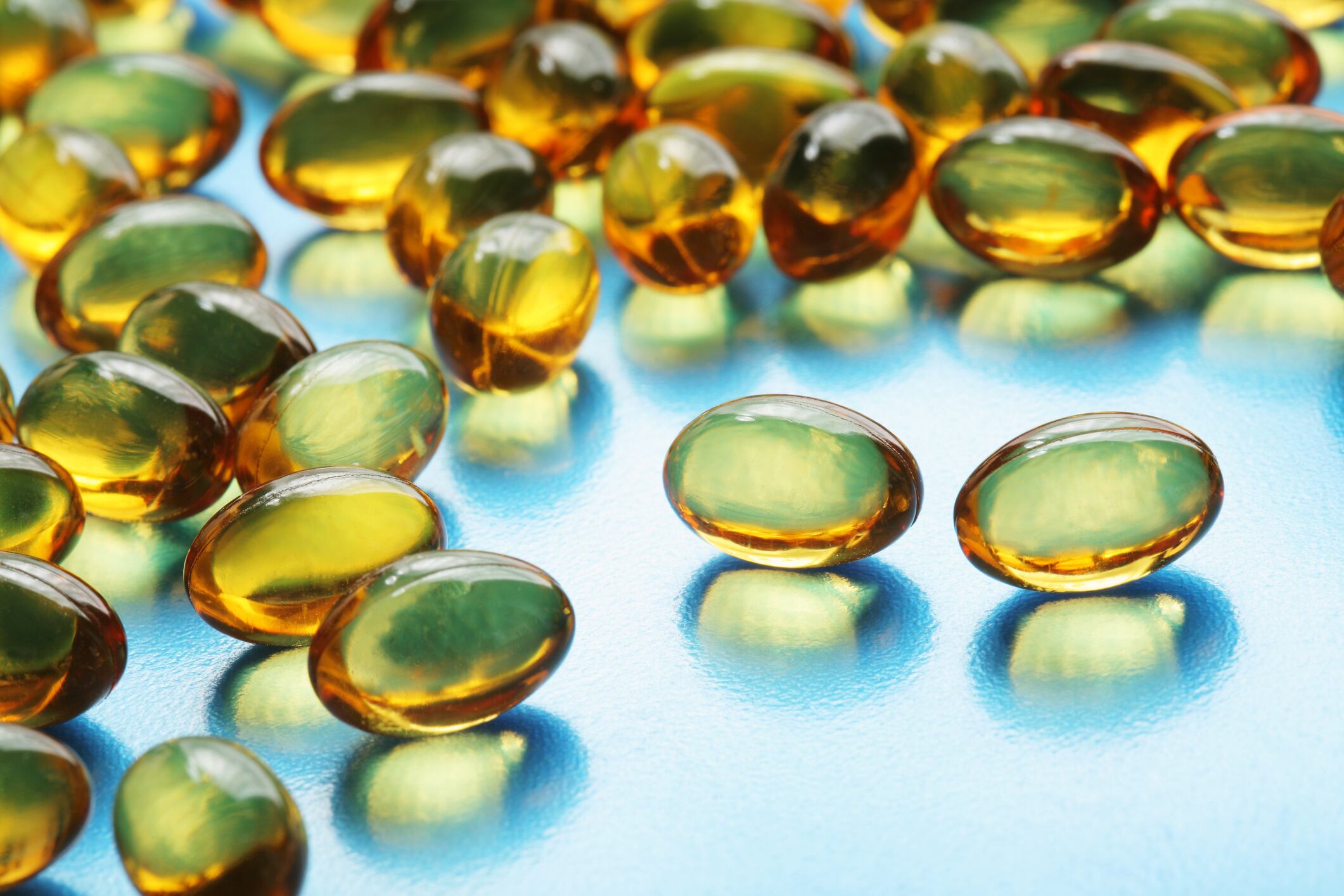The association was found in those with a reduced protein intake or who did not take part in resistance exercise, as well as those with type 2 diabetes or hypertension.
“To the best of our knowledge, this is the first study to examine the association between omega-3 PUFA consumption and HGS in adult populations based on a nationally representative sample.
“We expect that this study’s findings can be used as a guideline for diets designed to promote muscle health,” the researchers from the Korea Institute for Pharmaceutical Policy Affairs and Gangneung-Wonju National University conclude.
Nutrition for muscle
Maintaining muscle strength is important across all stages of life, with its status often being established using the widely used measurement of HGS. It has been established that HGS may be used as a predictive tool for declines in cognition and mobility in the elderly, whilst a lower HGS had been associated with an increased risk of disease including type 2 diabetes and cardiovascular disease in adults.
Despite there being many proven modifiable factors able to maintain muscle function, nutritional status has been touted a factor of importance, with studies noting the importance of nutrients such as protein and omega 3. Yet, the evidence of PUFA influence remains inconclusive.
The research team behind the present study therefore set to investigate the relationship between dietary intake of omega-3 PUFAs and hand grip strength (HGS) in Korean adults.
The study
The association was investigated using 18,278 participants obtained from the Korean National Health and Nutrition Examination Survey during the years of 2016-2019, which collated information through a health interview, nutrition assessment and physical examination. In addition, HGS was measured using a digital hand dynamometer.
Following multivariate analysis as well as adjusting for confounders, it was observed that those with higher reported intakes of omega-3 PUFAs had a significantly reduced risk of low HGS. This finding was noted in those with an insufficient protein intake, as well as those who did not partake in resistance exercise. In addition, this lower risk of HGS was observed in those suffering from type 2 diabetes or hypertension.
Contrastingly, the association was not seen in healthy participants who did have an adequate protein intake and did resistance exercise.
Fatty acids explained
The findings suggest that omega-3 PUFA intake may contribute to maintaining a healthy muscle status in those of a specific health status. In addition, there is potential for omega-3 to be administered as an alternative intervention for those with inadequate protein intakes and who do not partake in resistance-type exercise.
With regards to the apparent association, the researchers state: “The mechanisms mediating the beneficial effects of omega-3 PUFA on muscle strength have not been fully elucidated. However, it is speculated that omega-3 PUFA may increase the muscle synthesis and decrease the muscle proteolysis.”
“The positive effects of omega-3 PUFA may also be related to changes in myocytes themselves (mitochondrial content and function) and external factors (extracellular matrix content and composition, neuromuscular function)”, they add.
Longitudinal studies are required to further validate this observation, say the team, utilising representative samples and a greater level of control to minimise potential confounders.
Source: Nutrients
https://doi.org/10.3390/nu15020321
“Increased Intake of Omega-3 Polyunsaturated Fatty Acids Is Associated with Reduced Odds of Low Hand Grip Strength in Korean Adults”
by Yoonjin Shin and Eugene Chang

